April 19, 2025 | 09:57 GMT +7
April 19, 2025 | 09:57 GMT +7
Hotline: 0913.378.918
April 19, 2025 | 09:57 GMT +7
Hotline: 0913.378.918
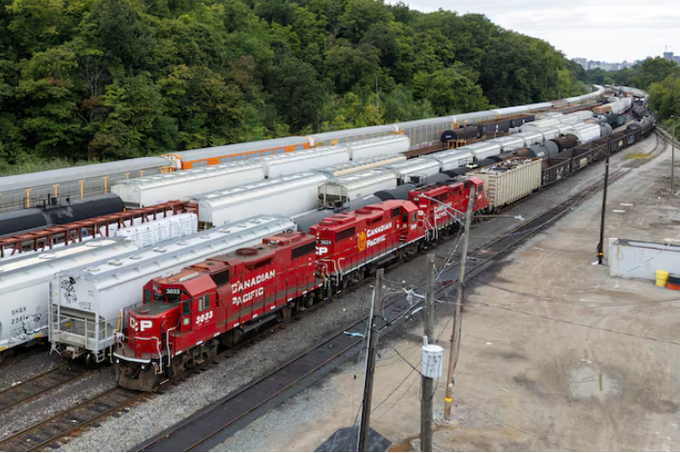
A drone view shows railway cars crowding the CPKC Kinnear Yard in Hamilton, Ontario, Canada August 19, 2024.
Fertilizer Canada warned on Tuesday disruptions impacting all rail services across the country will cost the fertilizer industry an estimated C$55 million ($40.34 million) to C$63 million ($46.21 million) in lost sales revenue, not including logistical and operational costs.
Canada is the largest producer and exporter of potash - the key ingredient in fertilizers - and 75% of all the fertilizer produced and used in the country is moved via the railways.
The railways move an average of 69,000 metric tons of fertilizer product per day, equivalent to four to five trains, according to Fertilizer Canada.
"Our industry continues to be very concerned by the potential of a dual rail disruption and the cascading impacts on Canada's economy and global food security," the organization said in an emailed statement.
The fertilizer industry contributed about $12 billion to Canada's gross domestic product last year.
The organization, which represents producers like Nutrien (NTR.TO), opens new tab and CF Industries (CF.TO), opens new tab, said last week the industry had already begun to feel the effects of the labour disruption, as the railways issued embargoes that impacted some ammonia fertilizer products and halted their movement.
Since 2018, seven supply chain labour disruptions have cost the fertilizer industry an estimated C$976 million in lost sales revenue.
(Reuters)
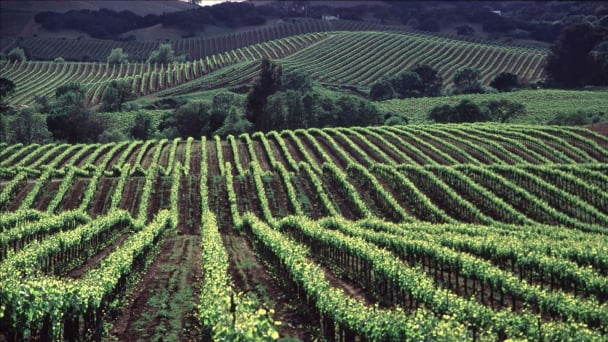
(VAN) California's $59 billion agriculture industry faces serious disruption as the U.S. clashes with China - one of the state's major export markets.
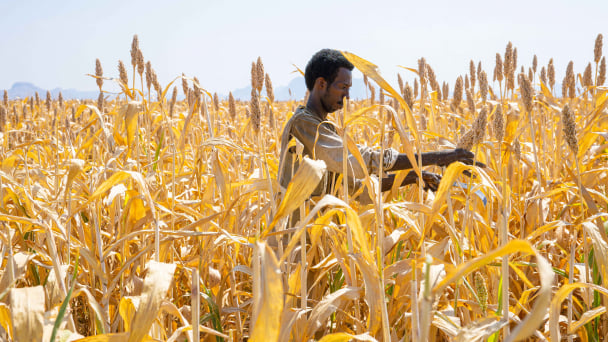
(VAN) Five things you should know about Sudan's food security crisis.
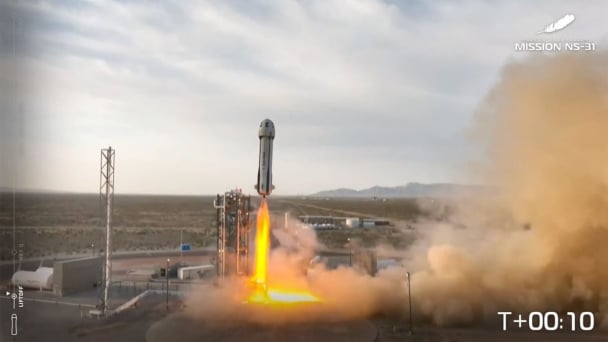
(VAN) 169 lotus seeds selected by the Vietnam Academy of Agricultural Sciences were carried into space by Vietnamese-American astronaut Amanda Nguyen.
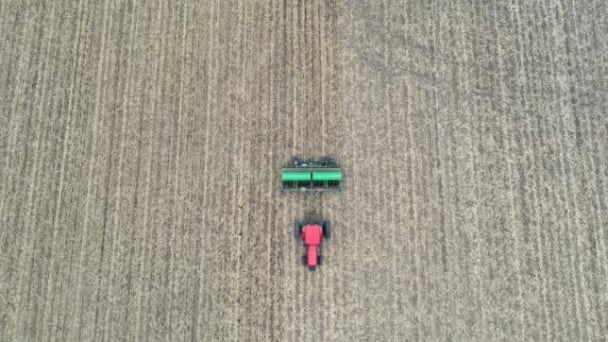
(VAN) Tariffs are making life more expensive for John Pihl. He's been farming in Northern Illinois for more than 50 years.

(VAN) European and American farmer organisations are concerned about the import tariffs that the United States introduced on 9 April for products from the European Union. This makes them 20% more expensive.

(VAN) Global poultry trade is expected to remain strong amid relatively tight global protein supply and growing consumption, RaboResearch concludes in its latest animal protein report.
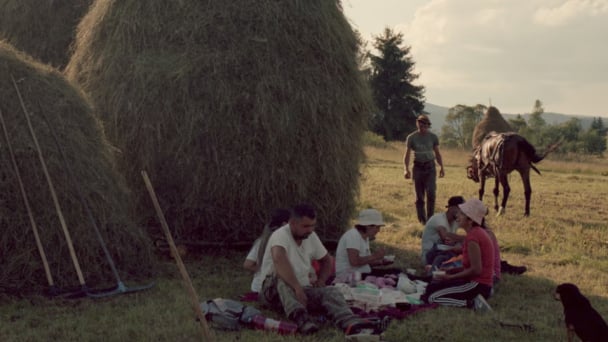
(VAN) Traditional methods benefit hundreds of species but as new agricultural techniques take over, the distinctive haystacks mark a vanishing way of life.